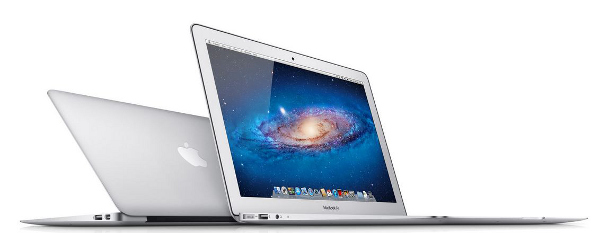
The things you must know about Apple becoming 'less green'
This week, the Green Electronics Council announced that Apple will no longer submit any of its products to EPEAT, the Electronic Product Environmental Assessment Tool, for environmental rating, removing all of its products from the standardized green ratings system used by all US federal agencies.
Naturally, the subject of Apple rejecting compliance with anyone would generate a lot of discussion. However, there are some major pieces of information that get lost in the shuffle of news and the rush toward instant partisanship and polarization to sell a story. Below, we'll look at some of the basics of the story without dipping too far into the horribly overplayed "Apple vs. The World" trope that populates the Web.
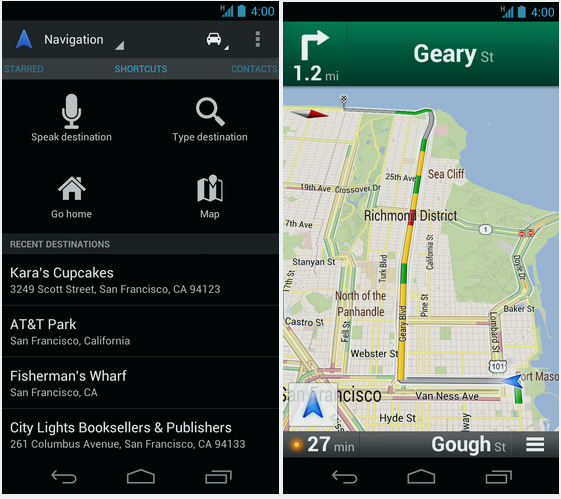
Google Maps adds indoor museum maps, no tour guides yet
Tuesday, Google rolled out a small update for Google Maps for Android that adds detailed indoor maps of more than twenty different U.S. museums, including the de Young Museum in San Francisco, the Philadelphia Museum of Art, Cincinnati Museum Center, the Indianapolis Museum of Art, the American Museum of Natural History, 17 different Smithsonian museums, and even the National Zoo in Washington D.C.
Cedric Dupont, of the Google Maps for Mobile team on Tuesday said the San Francisco Museum of Modern Art, The Phillips Collection, the Nelson-Atkins Museum of Art and the National World War II Museum in New Orleans will all be added to Google Maps in the near future.
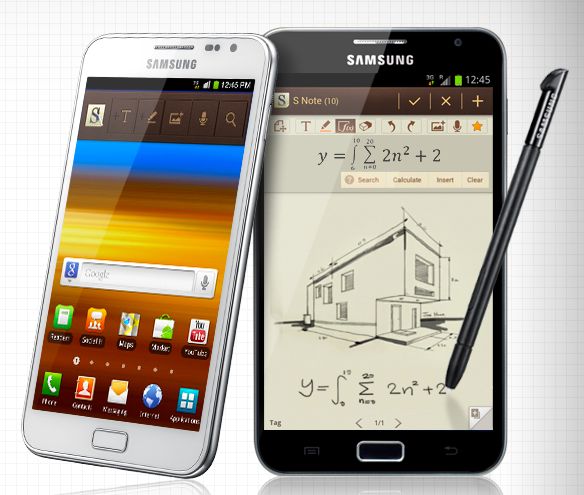
ZING! Galaxy Note gets Android 4.0 and awesome new features, but there's a catch...
Last April, Samsung released the list of its smartphones and tablets that would receive an upgrade to Android 4.0. The list included the polarizing, is-this-phone-too-big-to-be-a-phone, Galaxy Note.
This update would normally be unremarkable, especially since Google yesterday released the AOSP version of Jelly Bean, but because the Galaxy Note is stylus-friendly, the update includes some feature upgrades to the Galaxy Note's S Pen peripheral in the form of the "Premium Suite."
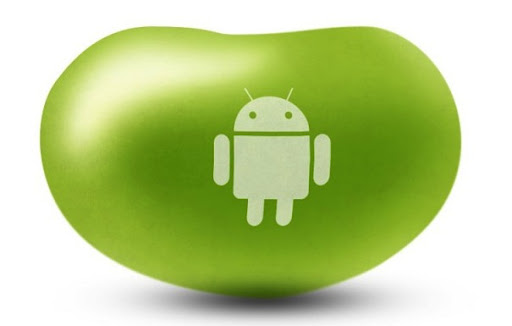
Google open sources Android 4.1 Jelly Bean
Google has released the latest and greatest version of its Android mobile operating system, known as Jelly Bean, or Android 4.1 into the open source channel on Monday afternoon.
An announcement from Jean-Baptiste Queru, Google's head of the Android Open Source Project, officially opened availability of the Jelly Bean binaries Monday. Generally speaking, open sourcing is the very first step in broad availability for the newest build of Android, as this is the framework phonemakers use to build their respective versions of the operating system.

Google TV will not fail again
It took just about six months for the first generation of Google TV to be declared a failure. Logitech launched its Revue set top box in October 2010, and by July 2011, they couldn't even give them away. The company subsequently took a $30 million writedown on the venture, and Intel, who provided chips for Google TV, quietly divorced itself from the product.
Google aligned with Marvell, switching the platform over to the ARM instruction set, which fundamentally shifted the architecture and splintered development.
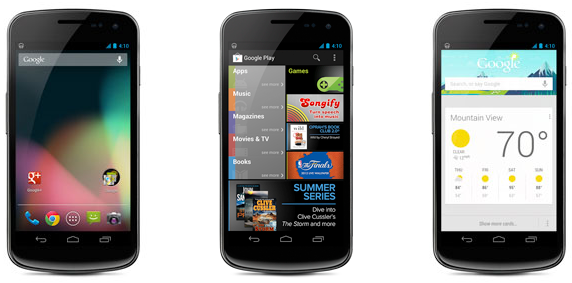
Ban on Galaxy Nexus lifted until Apple makes its case
Today, the U.S. Federal Circuit Court of Appeals announced the ban on the Samsung Galaxy Nexus smartphone has been lifted until July 12.
Samsung's week-by-week slog through patent hell continues.

An Amazon Smartphone could be the biggest loss leader of all
Following up on reports from the fourth quarter of 2011, Bloomberg on Friday cited anonymous sources that said Amazon is working on its own Smartphone in conjunction with noted Chinese device manufacturer Foxconn International Holdings. Additionally, the report pointed out that Amazon is also on the market to buy more wireless patents, highlighted by the fact that the company recently hired a new general manager for patent acquisitions.
Contemporaneously with the Bloomberg report, approximately a dozen new job listings at Amazon popped up today for mobile software engineers that can support "existing Amazon technologies and [build] support for next-generation technologies."
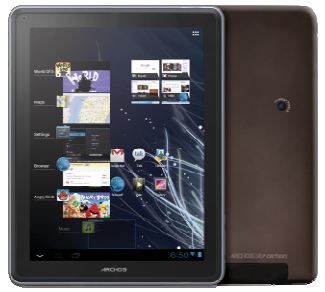
Archos unveils new 9.7 inch mass market Android tablet
French consumer electronics company Archos on Thursday unveiled the first product in its upcoming "Elements" line of Android tablets, the Archos 97 Carbon.
Archos took its expertise in media and entertainment products and defly applied it to Android tablets three years ago. The result has been a series of enthusiast-level tablets with some totally unique and attractive features. For example, the Archos Stick was a removable USB modem built into the back of the company's Android tablets which could be popped out and used in a PC when it wasn't being used for the tablet's data connection.
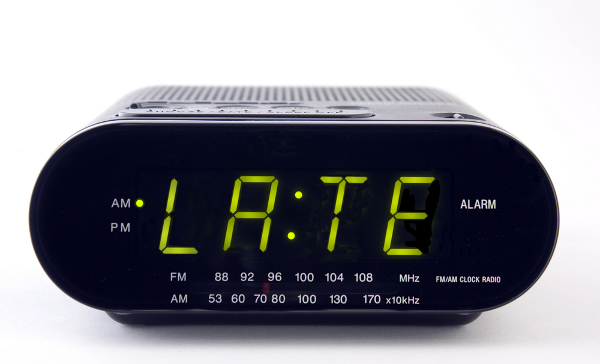
So much for Apple innovation: There will be 100 LTE phones available before the next iPhone
The high speed network technology known as LTE has built up a staggering momentum in the last year, despite Apple's iconic iPhone being late to the party.
There has been a good deal of speculation over whether the next generation of iPhone will include 4G LTE network support. The iPhone originally entered the mobile phone market on a 2G signal when networks were still upgrading and expanding their 3G coverage. The same is happening now with 4G, but it's gotten to the point where LTE has matured and the time seems right for Apple to adopt the technology.

Android phones automatically connect to Wi-Fi hotspsots with new platform
Last week, the Wi-Fi Alliance announced a certification program that assures devices will be able to seamlessly hand off their mobile data connection to a Wi-Fi connection and vice-versa. This program is called Wi-Fi certified Passpoint, and it was defined by service providers who desperately need a way to ease traffic on their congested mobile broadband networks. With devices that can automatically pair and connect over Wi-Fi, mobile networks can spare themselves some traffic.
The first devices certified in the the Passpoint test bed included: Access points from BelAir, Broadcom, Cisco, Ruckus Wireless, XSpan, and Qualcomm, as well as chips from Intel and Marvell. Included in the announcement last week was MediaTek's Hotspot 2.0 Client V1, which today the company said is the first (and only) smartphone system-on-a-chip to be involved in the project, and it's for mid- and entry-level dual-SIM Android devices.
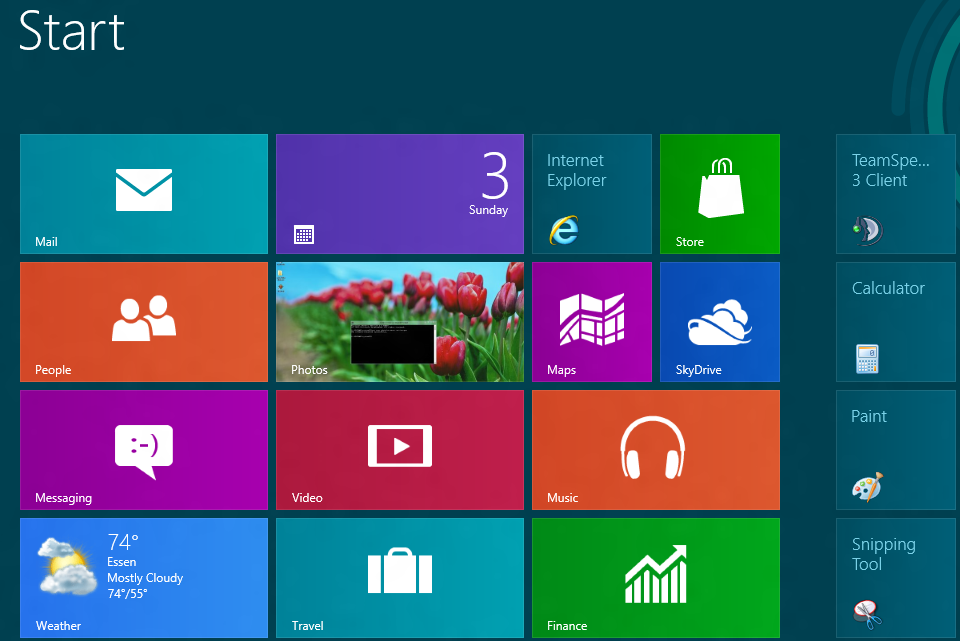
All Windows versions from XP to 7 eligible for $40 Win 8 Pro upgrade
Microsoft on Monday announced PCs running Windows XP, Windows Vista, or Windows 7 are eligible for a downloadable upgrade to Windows 8 Pro for just $39.99 in 131 global markets and in 37 languages.
At Apple's World Wide Developer Conference in June, Apple announced its next version of OS X, Mountain Lion, would be available as a $20 download in the Mac App store in July. This upgrade is available to Mac users currently running Lion or Snow Leopard, meaning it applies to Macs around three years in age.
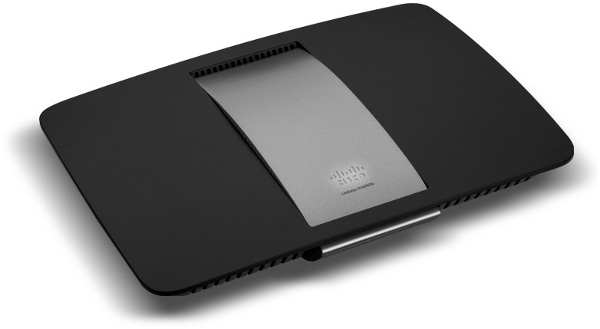
Cisco's Connect Cloud rollout stymied by privacy-bending terms of service
Cisco's new Connect Cloud service is supposed to provide browser-based and remote network management features to users of some of its "Smart Wi-Fi" consumer routers. It's a pretty promising free set of features, and should impress anyone who likes to keep a close eye on their home wireless network with products like Spiceworks or Nmap. It includes such features as parental controls, media prioritization, and device management, and users can access it while at home or remotely via their mobile device.
Unfortunately it's had a pretty rough beginning.
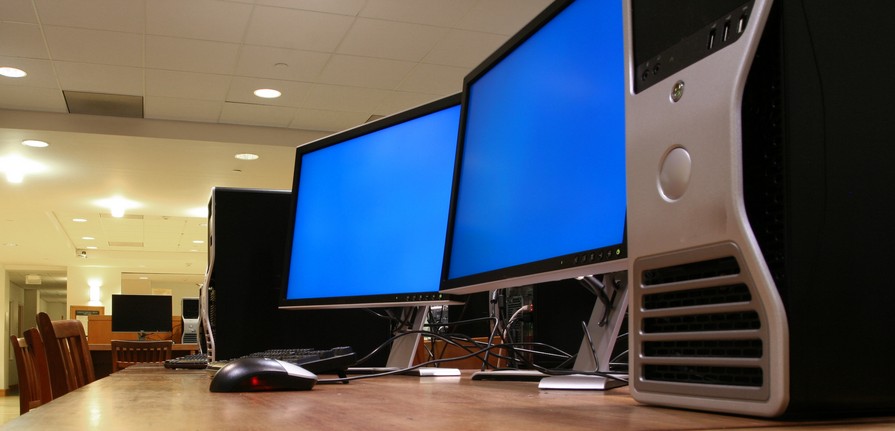
Dell wins bidding war for Quest Software, the buying spree rolls on
Texas PC maker Dell announced on Monday that it had signed a definitive agreement to acquire IT management software provider Quest Software for approximately $2.4 billion, or $28 per share. Dell has been in a bidding war over the company since earlier this year.
Last March, Quest announced it accepted an acquisition offer by Insight Venture Partners for $23 a share or a total of $2.17 billion. Then, in May, the company said it had received better offers that it was considering, including one from Dell.

Weirdest software launch ever: BlueStacks marries Android to Mac
In what was undoubtedly the strangest event at Google I/O this year (and possibly even of all time,) Mac and Android exchanged vows and were married. Yes, you heard that right. Outside of Google I/O in San Francisco yesterday, Android virtualization software maker BlueStacks launched the alpha version of its BlueStacks App Player for Mac OS and celebrated it with a mock wedding.
The company officially announced its Android App Player would be headed to the Mac platform last November, in the very vague time frame of "sometime next year," but the bombastic way in which the company debuted the software came totally out of left field.

Android 4.1 Jelly Bean: a dozen or so of the biggest improvements
It appears that this round of mobile operating system updates will be incremental for all platforms involved.
Following Apple's announcement of iOS 6, and Microsoft's announcement of Windows Phone 8, Google on Wednesday outlined the upcoming features of Android 4.1 "Jelly Bean," and revealed the update will provide mostly under-the-hood changes that aren't geared toward "wowing" users.

